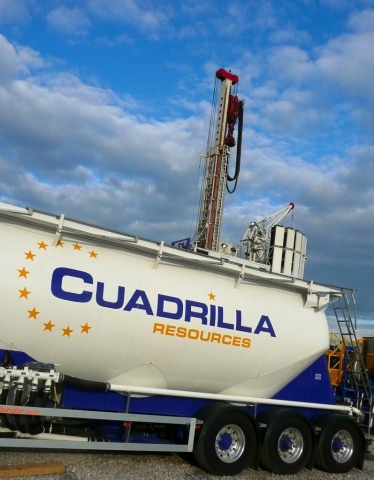Fracking firm Cuadrilla believes it has a “very strong chance” of winning the appeals process against Lancashire County Council’s decision to reject its fracking applications in the area.
At the end of July Cuadrilla lodged a series of appeals against the council’s June decision to reject all planning applications for the Roseacre Wood and Preston New Road sites. A public hearing date is now set for February 9 2016 and will last about 10 days.
Francis Egan, chief executive of Cuadrilla, told an audience at this week’s Economist Energy Summit that the “appeal is moving quite quickly… I think we have a very strong chance of winning that appeal.”
This comes after news that Cuadrilla will be moving its headquarters to Bamber Bridge, just outside Preston in Lancashire, early next year, suggesting confidence that, with the government on their side, they will eventually start fracking.
Photo: Justin Woolford via Flickr
Subscribe to our newsletter
Stay up to date with DeSmog news and alerts







